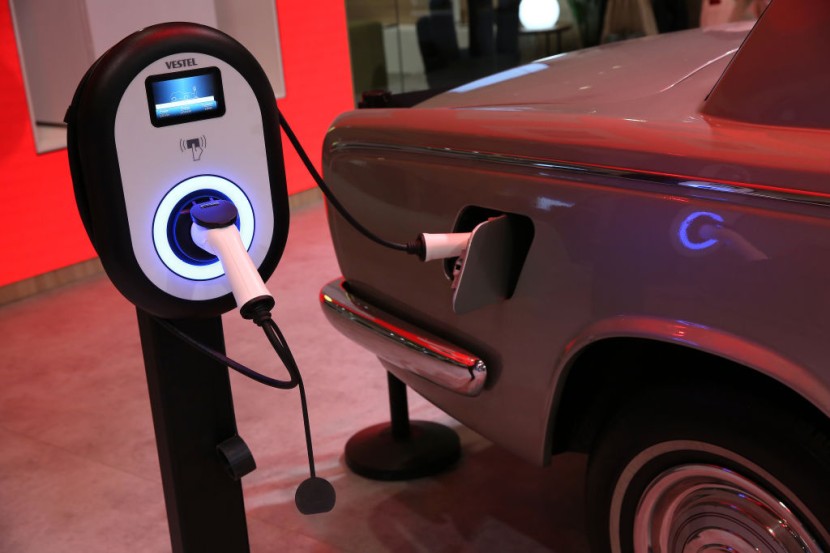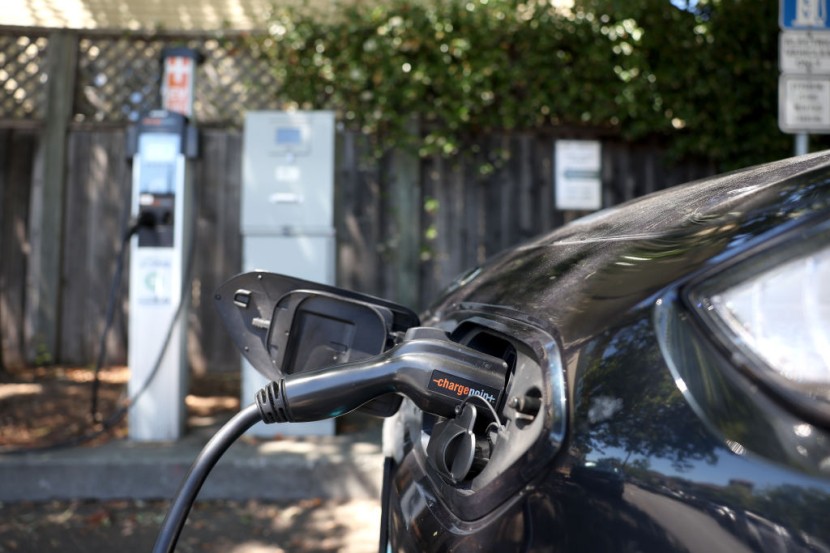The Biden Administration confirmed its latest EV charger repair effort, which costs $100 million.
But, is this new EV initiative worth it? Here's what the U.S. Department of Transportation revealed on Wednesday, Sept. 13.
Biden Administration's EV Charger Repair Effort Costs $100 Million

According to CNET's latest report, the U.S. Department of Transportation (USDOT) said that it released $100 million just to fix thousands of broken EV chargers.
The Biden Administration's applications, which request the replacement/repair of non-operational electric car chargers in the U.S., were approved by USDOT.
This new EV charger repair initiative is a part of the U.S. government's goal to achieve a reliable and robust network of public EV charging ports by 2030.
The EV effort of the U.S. government could be worth it since there are estimated to be around 6,300 electric vehicle chargers that are broken in the United States.
Although this is just 4% of the 151,506 public charging ports across the country, the non-operational chargers can still help American EV drivers if they are fixed.
"Charging your electric vehicle should be as easy and convenient as filling up a gas tank -- and this investment will make our EV charging network more reliable, full stop," explained Federal Highway Administrator Shailen Bhatt.
Aside from public EV chargers, Bhatt confirmed that private charging ports can also take advantage of the initiative as long as they are available for public use.
The budget that will be used for the Biden Administration's EV charger repair effort comes from the Bipartisan Infrastructure Law.
This law was passed by the Congress in November 2021. The $1 million budget is just around 13% of the law's $7.5 billion, which will be used for EV charging infrastructure.
Why There are So Many Broken EV Chargers

There's one reason why many EV chargers are broken, as explained by The Eco Experts.
This is because many EV manufacturers are not building their charging ports to a reliable standard.
For example, some EV chargers use payment options such as app payments, credit cards, and contactless payment systems.
EV researchers claim that these wireless features could fail, making the charging ports non-operational.
However, there are other EV charger makers that take their products' quality seriously. One of them is Tesla, with its Supercharger network being considered as one of the most reliable EV chargers in the auto industry.
If you want to learn more details about why many EV chargers are broken/non-operational, you can click this link.








